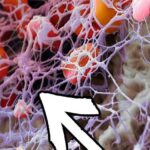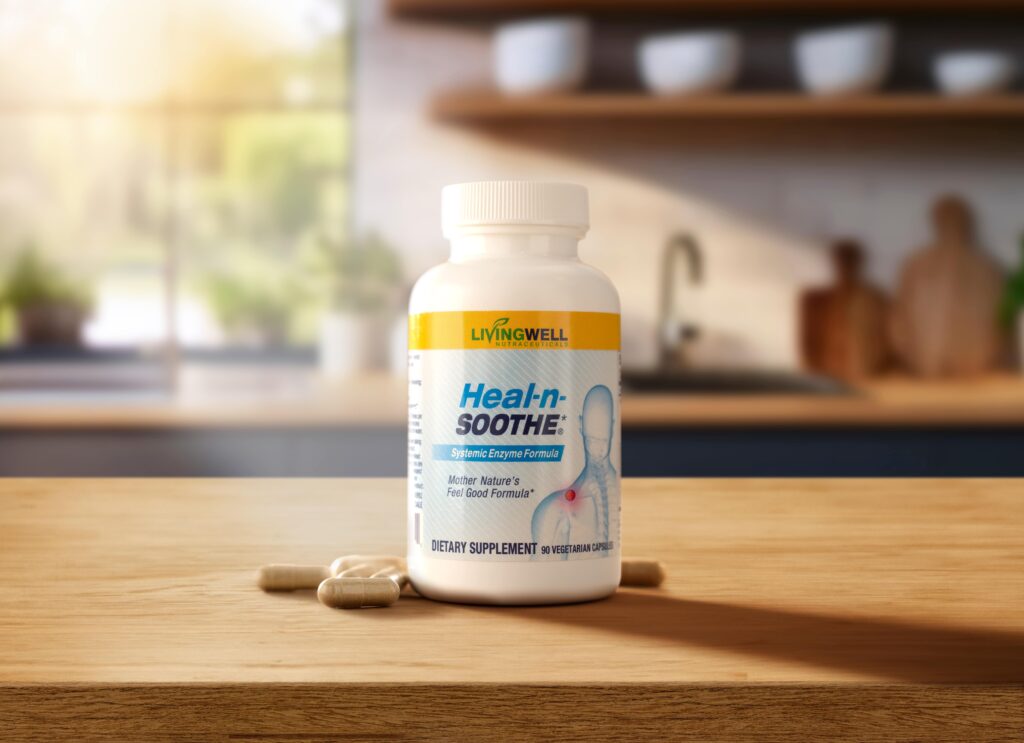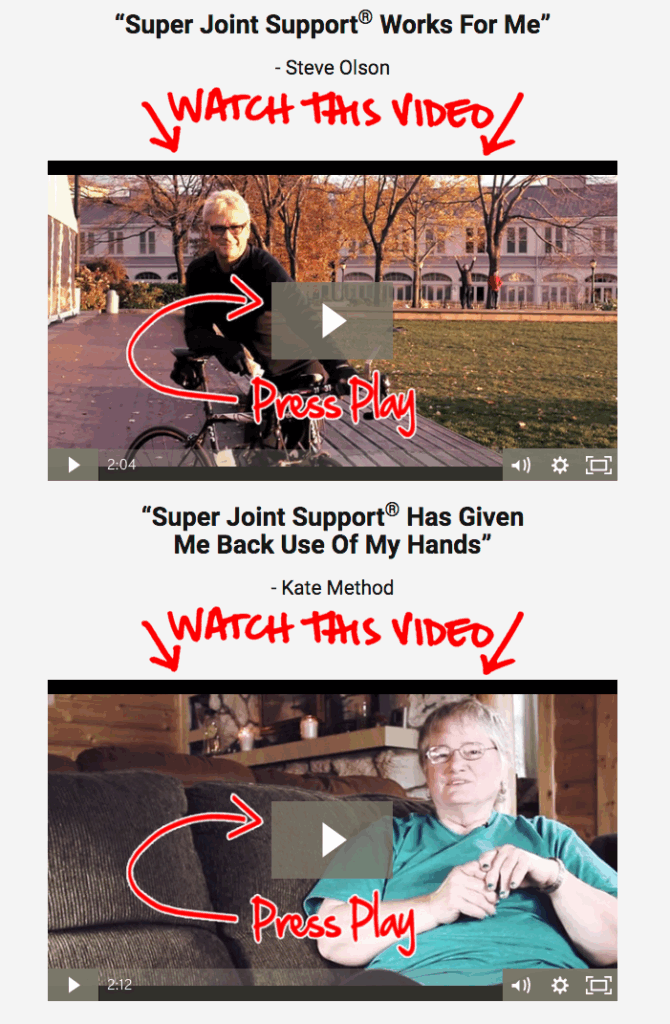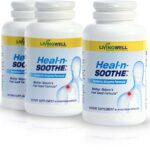 Looking for pain relief? You might just find it among the dozens of available alternative pain treatments.
Looking for pain relief? You might just find it among the dozens of available alternative pain treatments.
While the term may conjure up thoughts of new and unproven remedies among some, acupuncture has a track record of helping people for literally thousands of years.
Some in the traditional medical community seem to have dismissed acupuncture out of hand. Yet even the World Health Organization has officially published a long list of conditions acupuncture has been proven effective at treating.
Most acupuncture patients have less pain and are more functional at the end of a session. Since effects of acupuncture are often subtle to begin with it may take several sessions to make a significant impact, although some patients leave the first session dramatically improved.
What Happens During an Acupuncture Treatment Session?
During a session, anywhere from one to twenty needles are inserted into the body. Unlike hypodermic needles, acupuncture needles are solid, much smaller, and do not draw blood.
The needles are inserted at varying depths ranging from just resting on the surface of the skin to penetrating several inches deep into layers of muscle or fat. They are in place from 15-30 minutes and may be occasionally jiggled by the acupuncturist, warmed, or electrically charged to aid in the healing process.
Does Acupuncture Hurt?
The most common question about acupuncture besides “does it work” is “does it hurt?” Because the needles are extremely thin and used with precision, the act of inserting the needles is virtually painless. In fact, as you’ll see in the video below, you may not even notice them being inserted!
While the needles are inserted you may feel a slight tingling or achiness, or even a slight electrical pulsing sensation in areas far from the insertion point. These minor side effects disappear when the needles are removed at the end of the session.
What Does Acupuncture Do?
Science is still trying to catch up with exactly how acupuncture works. But we do know acupuncture can stimulate the body’s release of enkephalins and dynorphins which help relieve pain. Current research also shows acupuncture activates a part of the middle brain which plays a role in decreasing the pain response.
If you’re considering acupuncture, you’ll learn more during my short interview with licensed acupuncturist Dr. John Howard in the video below. Not only do we discuss the use of acupuncture, he demonstrates a session using acupuncture on my back!







Acupuncture works wonders for acute and chronic back pain. Good Luck!
Thanks for this info, very helpful.
just wondering if acupunture could help my back pain due to bad posture
Good article. I’m facing many of these issues as well..